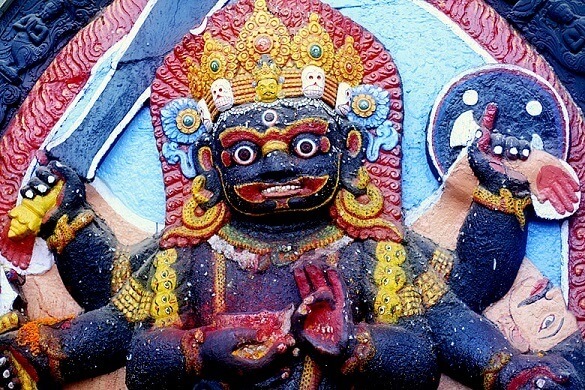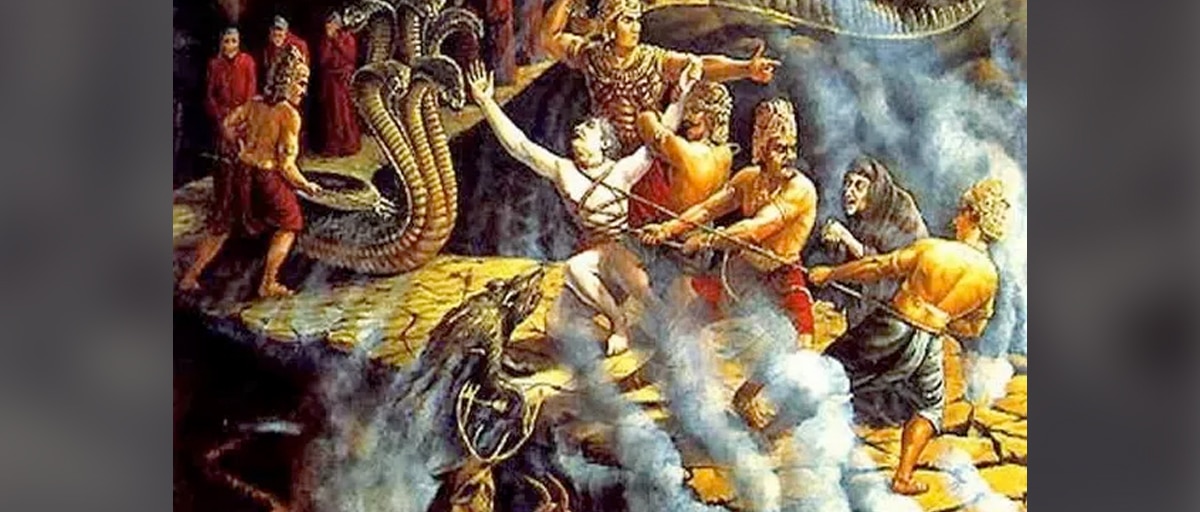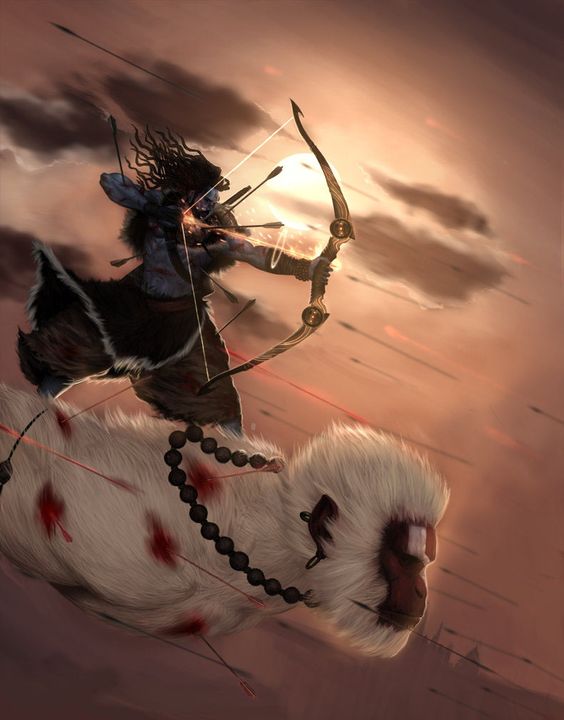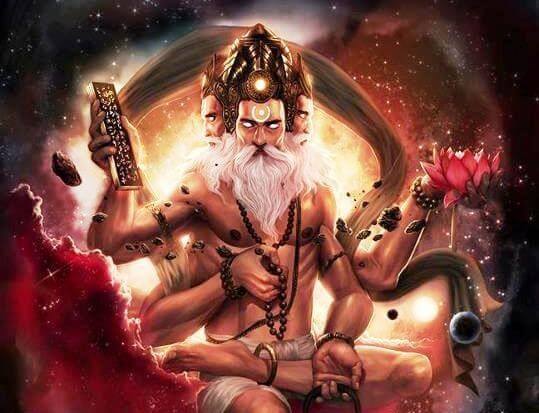
ॐ गं गणपतये नमः
Hindus believe in a single, universal god known as Brahman, or Supreme Being. Many gods and goddesses, known as deva and devi in Hinduism, reflect one or more aspects of Brahman.
The Holy Triad of Brahma, Vishnu, and Shiva, the creator, sustainer, and destroyer of worlds, are foremost among the many Hindu gods and goddesses (in that order). The three can appear as an avatar, represented by a Hindu god or goddess, at times. However, the most well-known gods and goddesses are significant deities in their own right.
What People Believe about Hindus God.
Hindus believe in only one God, Brahman, the eternal origin who is the source and root of all life. Different aspects of Brahman are represented by Hindu gods. These gods have been sent to assist people in finding the universal God (Brahman).





